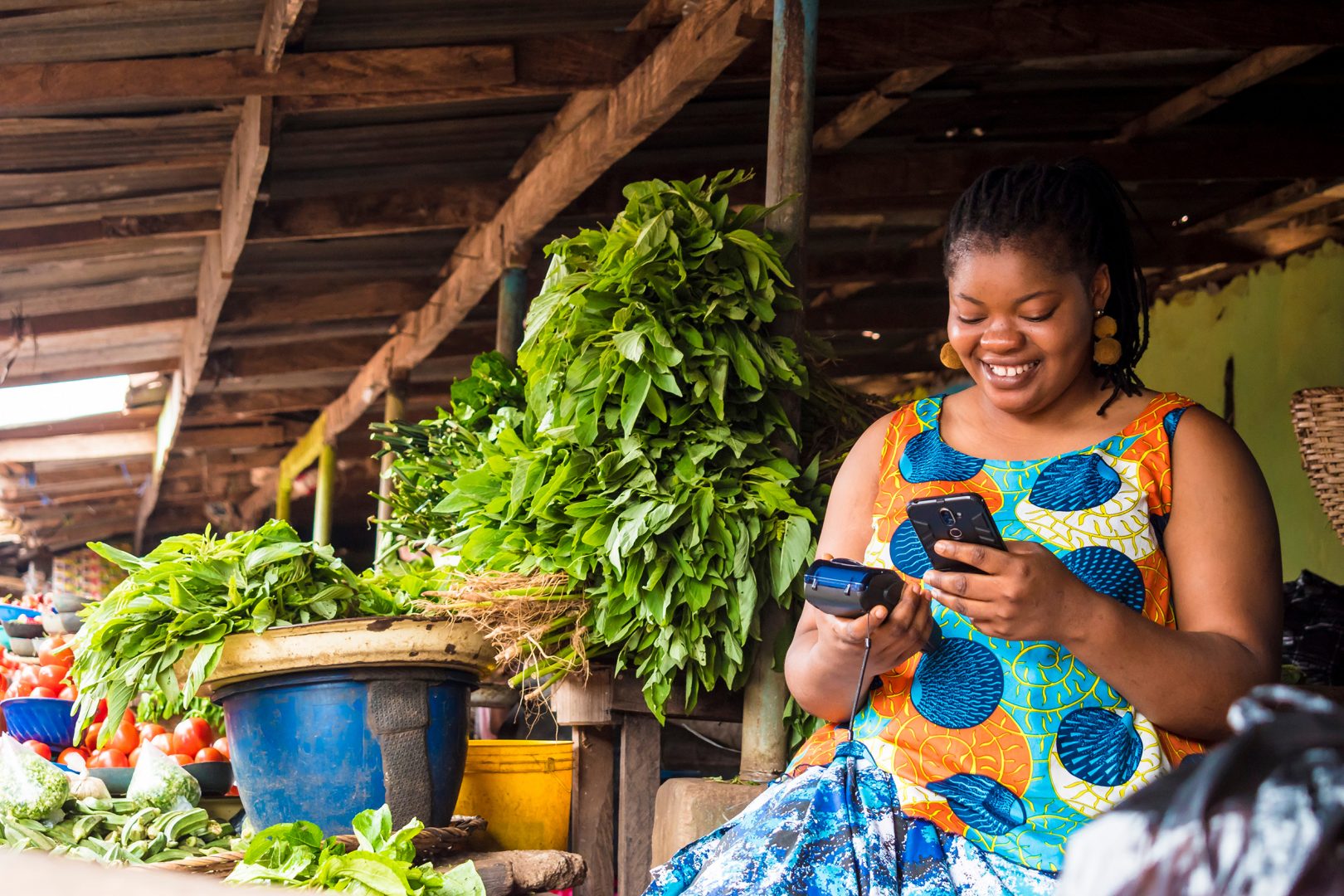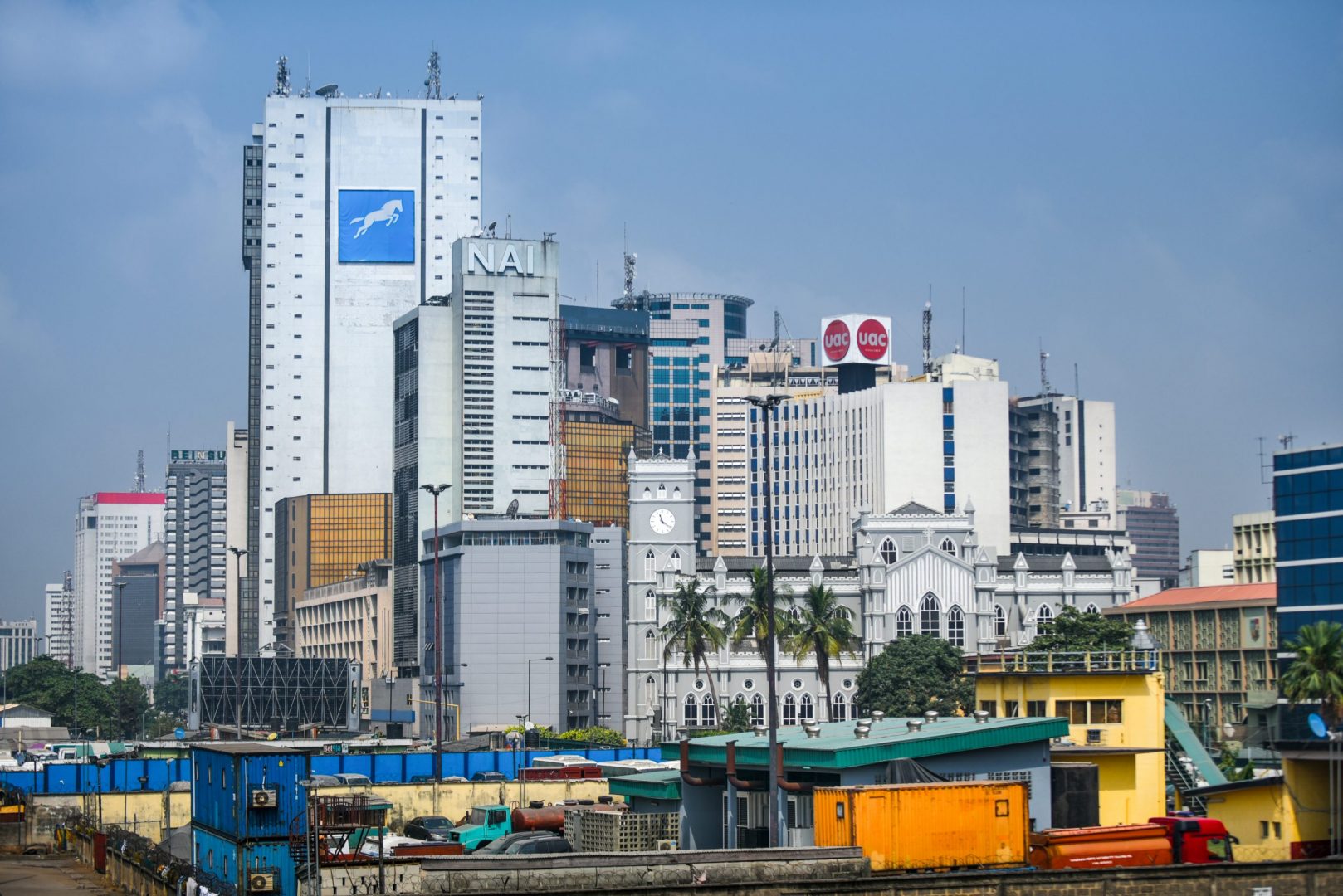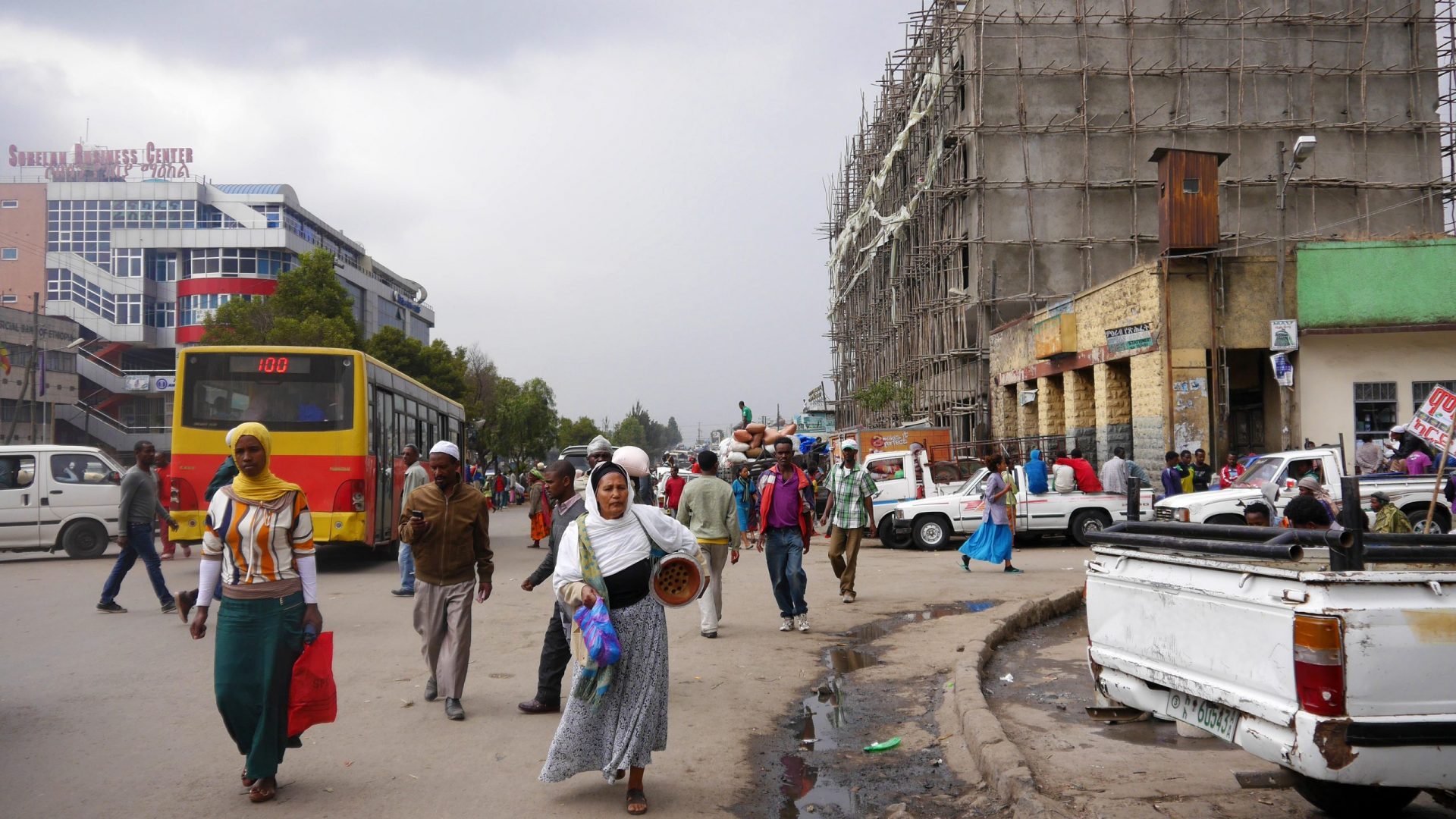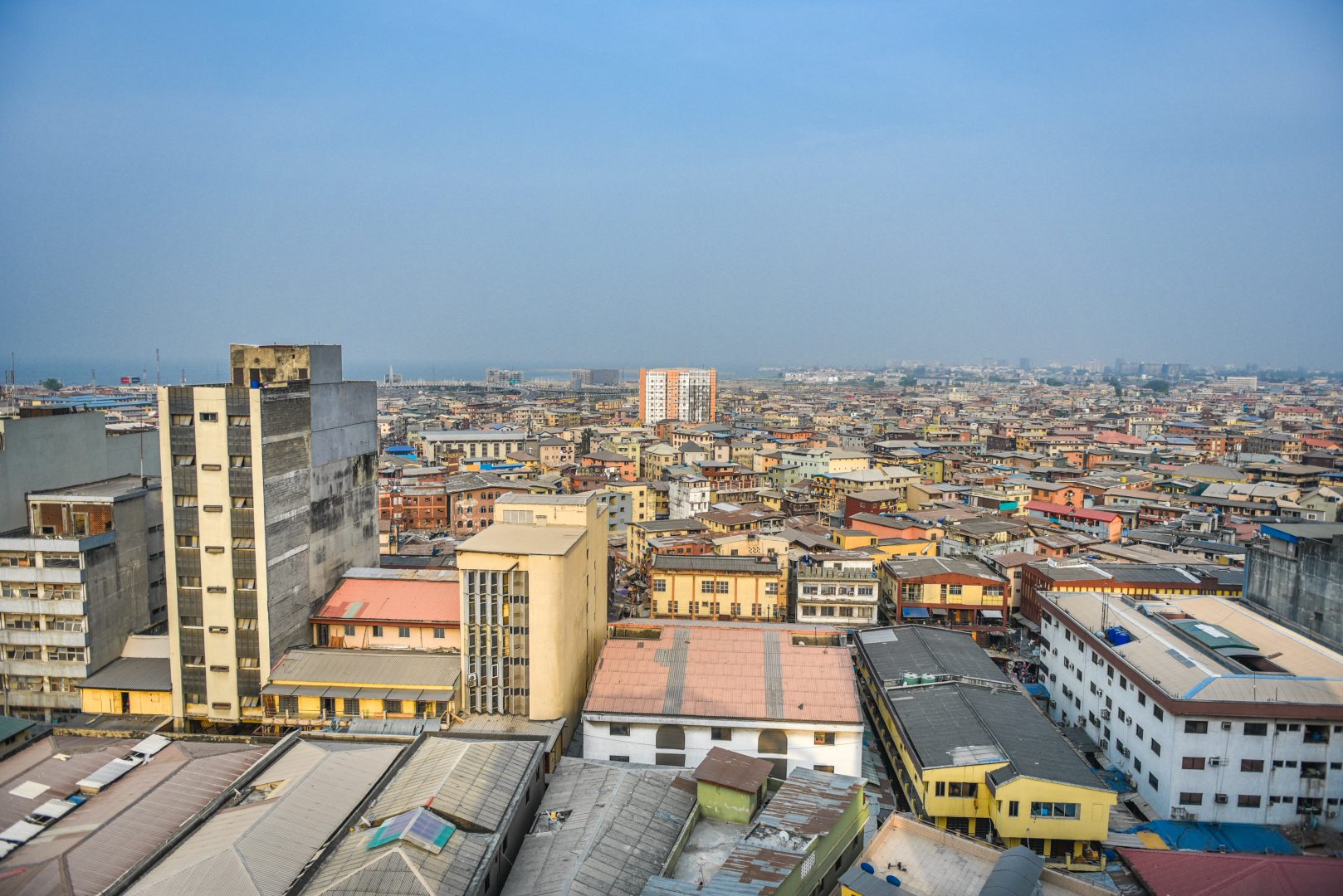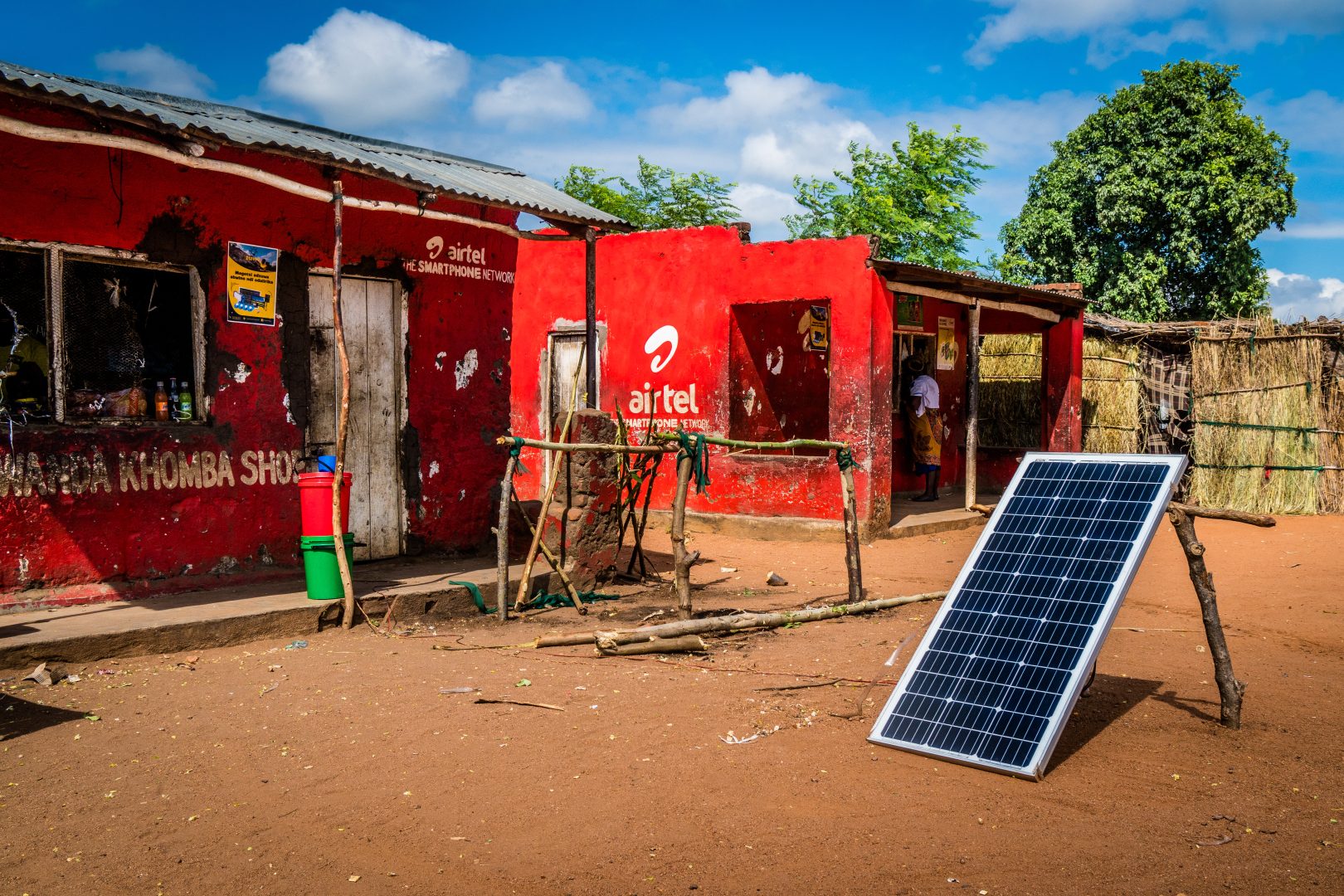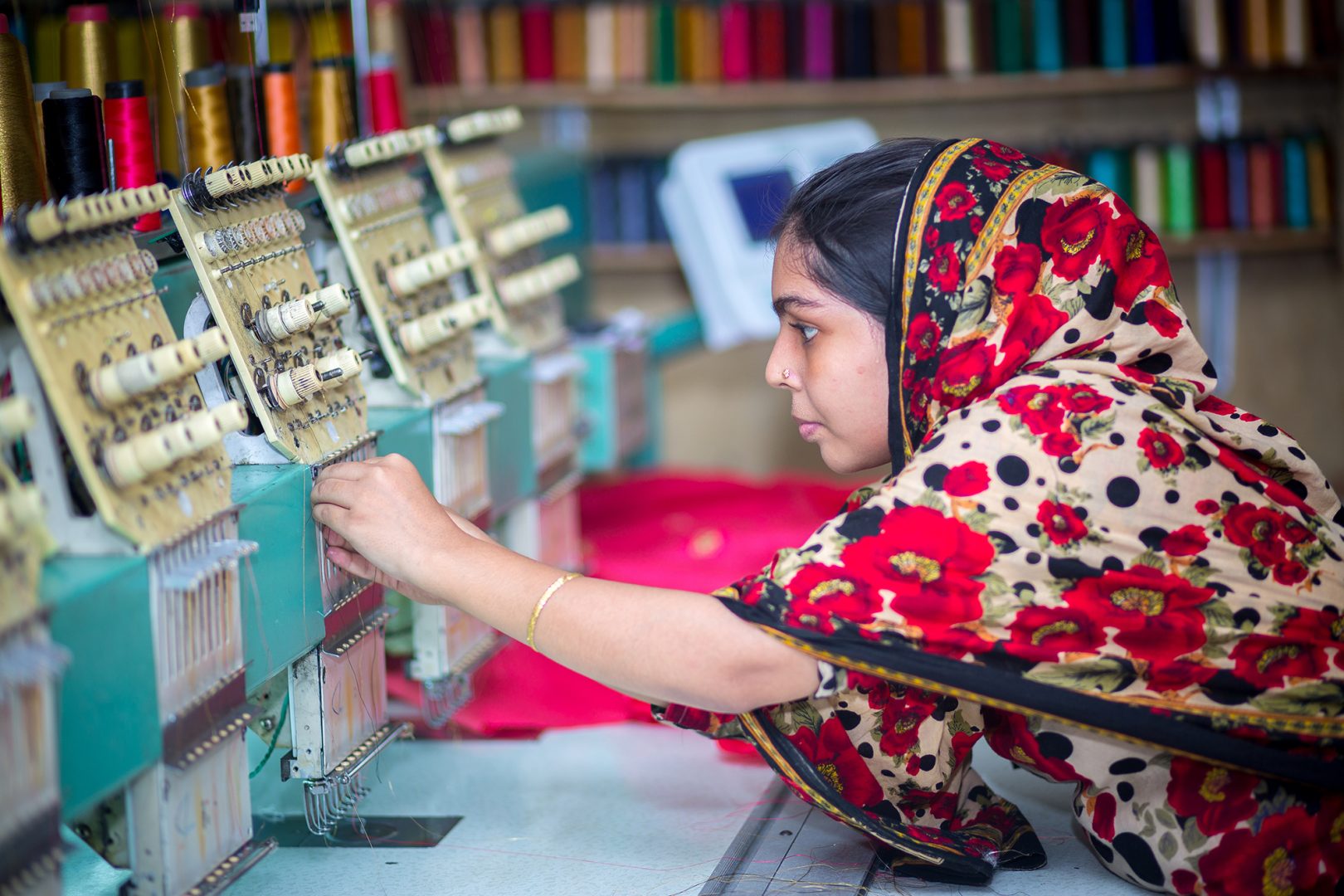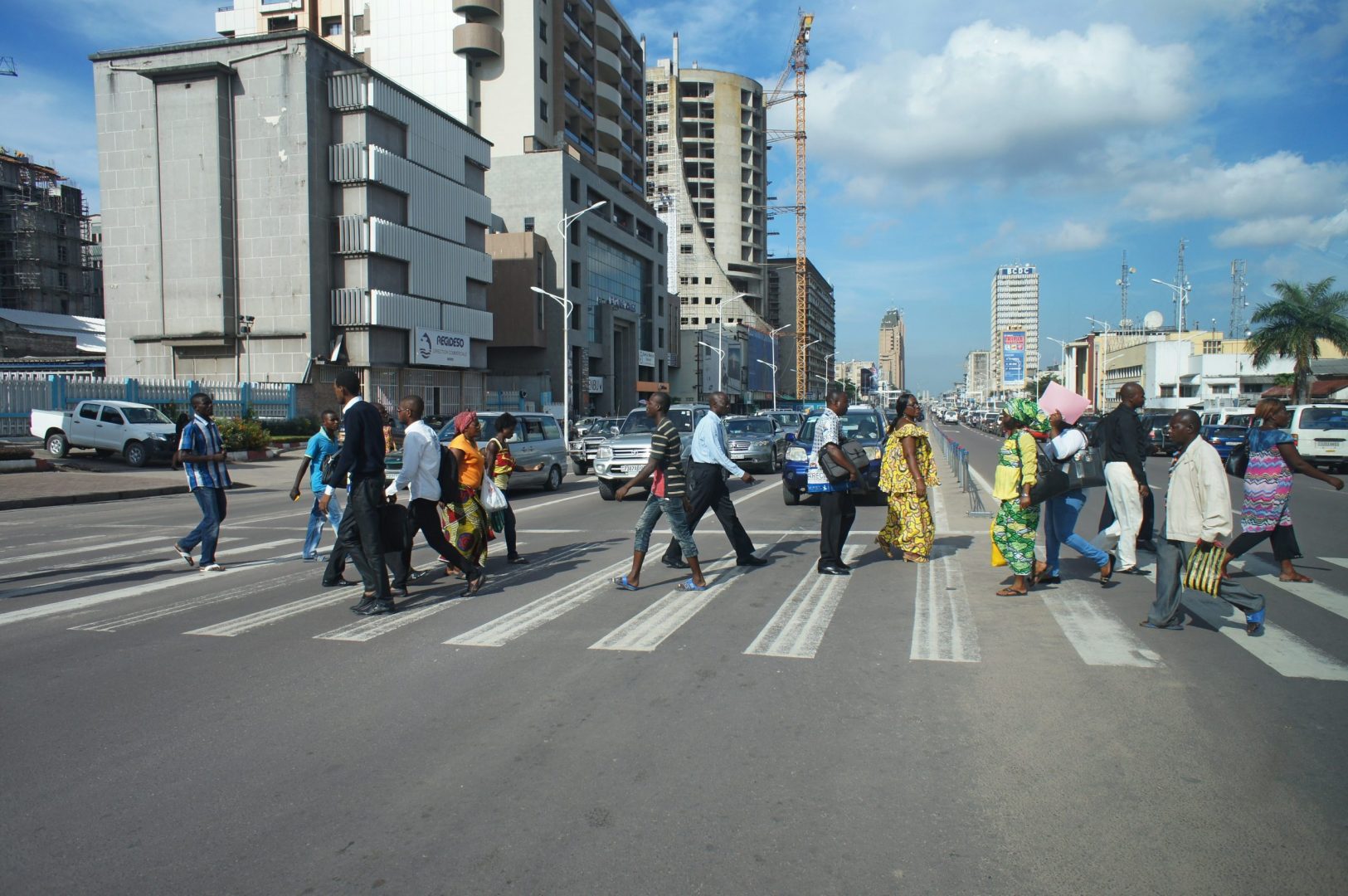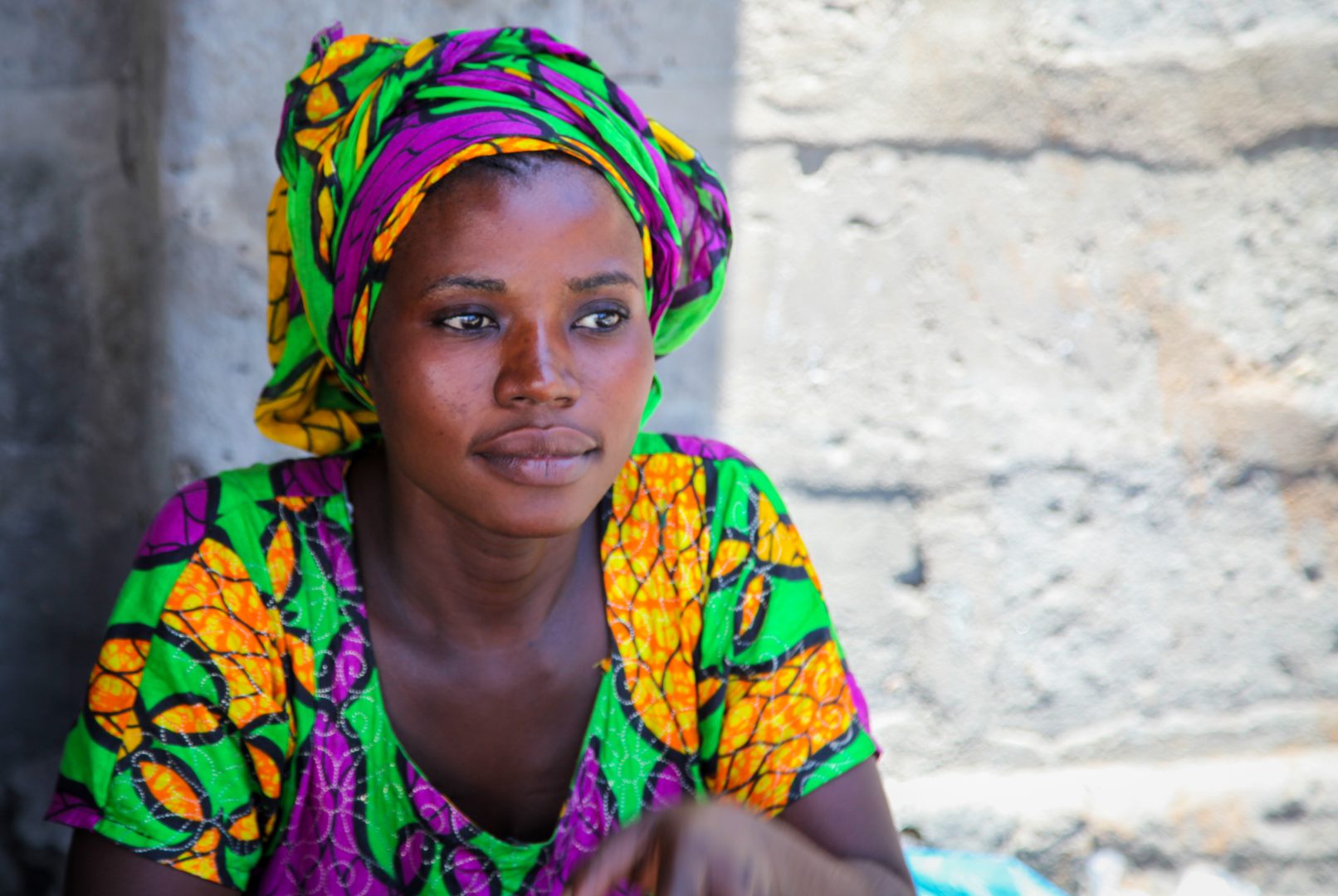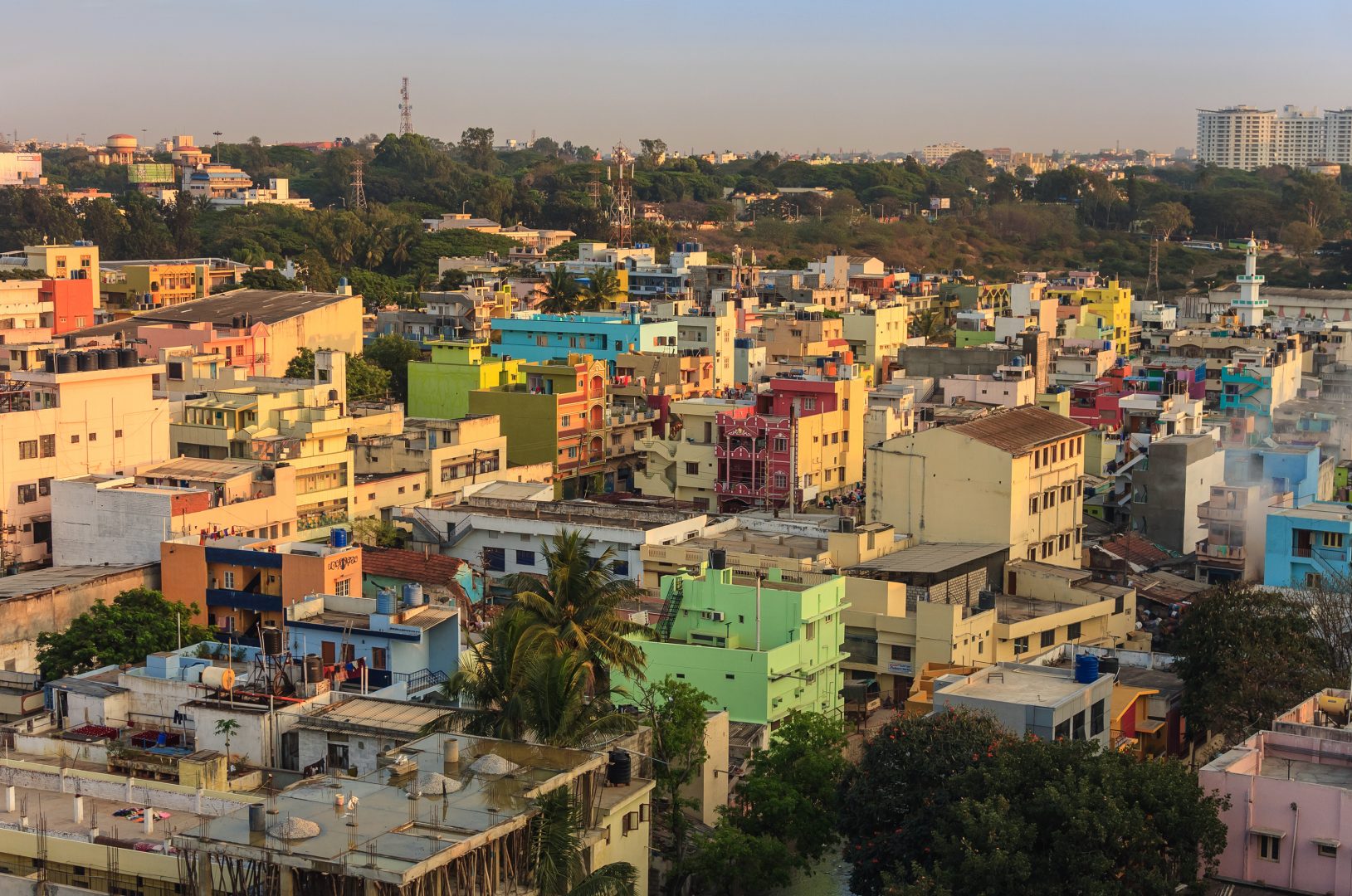Development finance institutions (DFIs) like BII play a crucial role in enhancing access to finance for micro, small, and medium-sized enterprises (MSMEs). MSMEs are vital for economic growth, innovation, and job creation, especially in developing economies.
In Africa, MSMEs are estimated to account for 95 per cent of all firms and generate 80 per cent of new jobs annually. MSMEs play a similarly outsized role in economic development in Asia. However, across the globe they face a critical lack of financing: the IFC estimates that in emerging markets, 70 per cent of MSMEs have unmet financing needs equating to $5.7 trillion. In 2019, the World Bank estimated the SME financing gap to be the equivalent of 1.4 times global levels of MSME lending. This gap prevents small businesses from growing into larger, more productive ones which can create more formal jobs and move developing economies out of poverty. Our recent paper on how and why we finance SMEs describes the reasons behind the MSME financing gap and our efforts to tackle it.
At BII, MSME finance is a core part of our investment strategy. To create impact at scale, we invest in financial intermediaries and platforms aimed at increasing credit to MSMEs and fostering digital financial inclusion. This includes investing in specialised lenders which target underserved groups like MSMEs, support local currency lending, and/or leverage digital lending platforms to improve MSMEs’ access to finance. Between 2022 and 2023, approximately 38 per cent of our financial services equity investments were directed towards digital financial services.
What can we learn from this study?
This study evaluated our investments in two specialised lenders, Indifi Technologies and Inoks Capital. It looks at how the companies improve access to finance for MSMEs and draws lessons to inform our investment strategy. Both Indifi and Inoks provide technology-enabled working capital solutions to address the short-term financing needs of MSMEs, using different approaches:
- Indifi: Indifi uses technology to improve access to financing for MSMEs across a range of sectors by reducing the cost of origination and risk assessment in the lending process. Indifi use aggregated data platforms and social data to identify borrowers and assess their credit worthiness. BII provided $14.5 million to Indifi in 2019, followed by investments of $3.5 million in 2021 and $4.93 million in 2023.
- Inoks: Inoks funds SMEs and Alternative Trade Financiers (ATFs) which support MSMEs to increase their trade through a range of technology-enabled products (such as digital apps connecting small businesses with suppliers and end-consumers). Inoks was appointed by BII as part of our Trade Access Programme, which aims to increase SME trade finance in Africa by providing trade credit through non-bank channels using high-volume, low-ticket business models. In 2022, we committed $25 million to Inoks to support trade access, plus an additional $25 million to specifically support food security.
The study drew on a combination of quantitative and qualitative research data collection methods, including interviews with BII, partner financial institutions and MSMEs, an MSME survey, and analysis of internal and third-party documentation. While low response rates among MSMEs and the recency of BII’s Trade Access Programme limited the strength of evidence, the study highlighted the effectiveness of specialised lenders and technology-based solutions in reaching underserved MSME segments. Indifi-supported MSMEs reported increases in sales revenue, production, and the ability to reach new customers, among other positive impacts. Inoks’ investments in SMEs and ATFs were found to have successfully reached micro businesses (such as smallholder farmers and farm cooperatives, exporting goods for the first time) in challenging markets at scale.
However, the study also identified the need for long-term financing solutions to support sustained MSME growth, such as that provided by our Growth Investment Partners (GIP) Ghana platform. The evaluators recommended that we and other DFIs combine platforms that provide working capital with offerings that address longer-term financial requirements, such as loans with longer maturities, subordinated debt and equity investments, or other innovative financing models that cater to MSMEs’ needs. AI-driven risk assessment tools and the use of insurance products for crop protection could also help MSMEs in the agricultural sector overcome unique challenges, such as seasonal cash flow needs and market price fluctuations. Additionally, DFIs should recognise that different MSMEs have varying requirements for capacity building and technical assistance. Tailored, results-oriented technical assistance programmes targeted towards MSMEs’ specific needs can significantly enhance their growth and attractiveness to lenders.
The evaluators concluded that our investments in Indifi Technologies and Inoks Capital demonstrate the potential of specialised lenders to improve access to finance for MSMEs. By leveraging technology and providing tailored financial solutions, these institutions can bridge financing gaps and drive inclusive economic development in challenging markets. The lessons learned from this study will inform our future strategies to support MSME growth.
